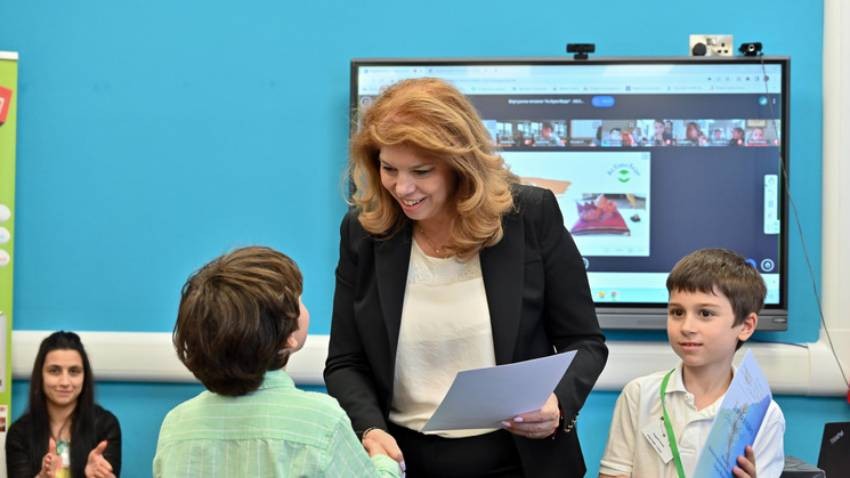
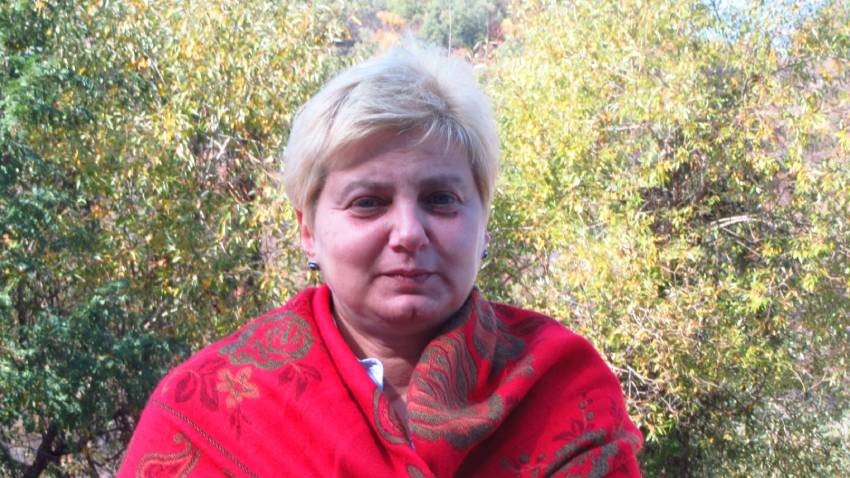
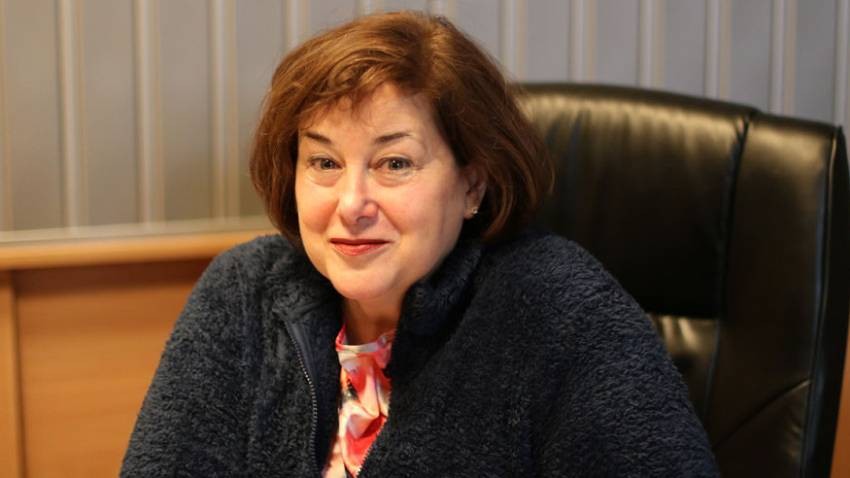
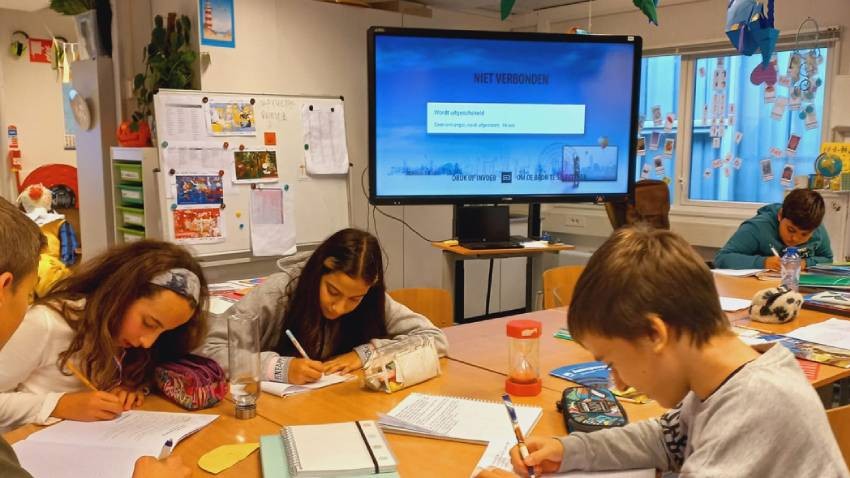
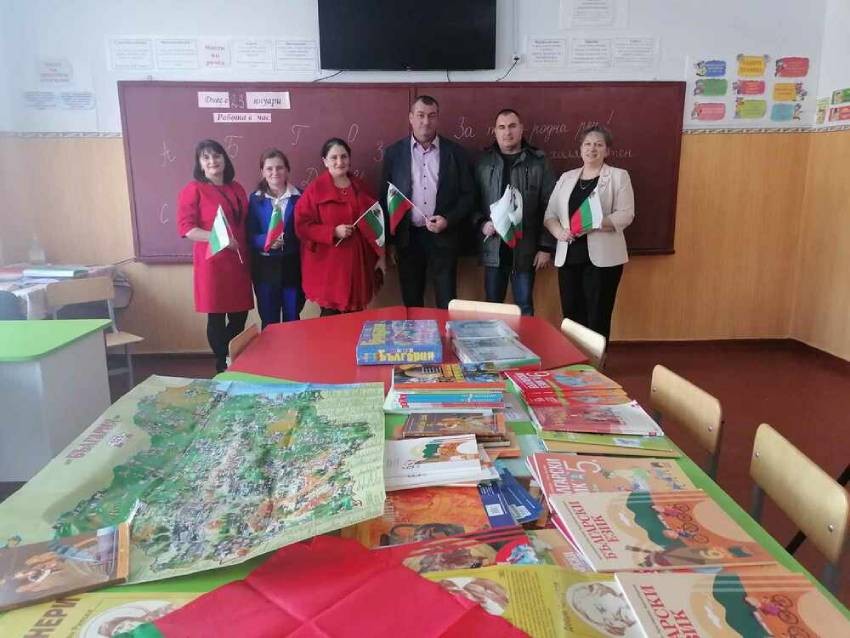
As a rescue center for wild animals, this year too, the Sofia Zoo sheltered deer injured in accidents, storks that cannot fly and even a Nile crocodile . Among the animals housed are also confiscated valuable exotic birds such as pink flamingos and pink..
Non-governmental organizations are cleaning two of the beaches on the Southern Bulgarian Black Sea Coast. The Clean Christmas campaign under the motto "A Clean Home for the Inhabitants of the Black Sea" is being organized for the seventh..
Sofia City Hall is planning a light show instead of fireworks for the New Year's celebrations, it's press office announced. The show, which will be part of the programme of the New Year's Concert at Knyaz Alexander I Square, will be designed with..
For the 21st consecutive year, Simitli is hosting one of the largest masquerade festivals in Bulgaria. Originally a local entertainment, "Simitli - The..
Romania becomes the largest natural gas producer in the EU Romania was the largest natural gas producer in the EU in 2024..
The connection between Bulgaria, "Dali's Moustache" and Picasso is a topic that could remain widely discussed in the next few years, and perhaps even..

+359 2 9336 661
